Invisible Problems
I'm getting the roof of my house replaced today.
I believe that there are only three kinds of people who really think about roofs: roofers, someone who has a leak in their roof, and the homeowner who just had to pay the huge cost of a new roof.
In some ways, it's similar to how I described being a band manager in my memoir:
Like any other kind of organization, leading a band means that you are held responsible for the failures, but not necessarily lauded for the successes. The default assumption is that the manager needs to do their job: they get things done, that’s the job. There shouldn’t be any surprises, the manager just keep things going (even if you aren’t getting paid extra for the work). In that sense, the true reward for doing good work is the ability to do more work. In another, being the ship’s captain means you’re no different than the garbage man. People don’t thank the garbage man, they don’t tip them when there’s more rubbish to pick up than usual. No one thinks about the person who picks up the garbage—unless there’s a problem with the garbage.
In other ways, how we think about the roof is a lot like how we think about social problems: they are seldomly thought of by some but very visible to others. Visibility and awareness is tied to personal connection, experience, and whether one is intentionally look or not. Some people try to deal with social problems by making them invisible. For example: criminalizing homelessness, reducing COVID testing, or trying to hide police misconduct. Of course, none of those efforts actually solve critical issues of homelessness, infectious diseases, or the abuse of power. That would be like putting new roof shingles on a bed of rotten plywood: things might look better, but existing problems will only fester and get worse.
These are some of the same reasons why free speech advocates argue that the cure for bad speech isn't censorship; it is countering it with better, more nuanced speech. Shutting others down might reduce unsightly imagery or unsavory language but it doesn't allow the bad structures perpetuate problematic ideas from being addressed.
In the same vein, social diseases like racism and prejudice are not solved by ignoring them. Singular actions, such as a diversity training or the passage of one law, isn't enough either. It takes a comprehensive effort to treat the symptom as well as the underlying causes. We should also understand that some diseases have no cure: their effects are only mitigated through consistent measurement and treatment. We can think of it as hygiene: one visit to the dentist does not immunize you from gingivitis. But regular brushing, flossing, and professional treatment does the trick. Racial bias is no different - and based on every available metric of discrimination, our society is long overdue.
America is in the midst of a huge storm of social unrest, corruption, and inequality - and like a building with a leaky roof, some residents are experiencing the impacts more directly than others. But unless we proactively address the problems of our friends and neighbors, we'll soon all be left out in the rain.
